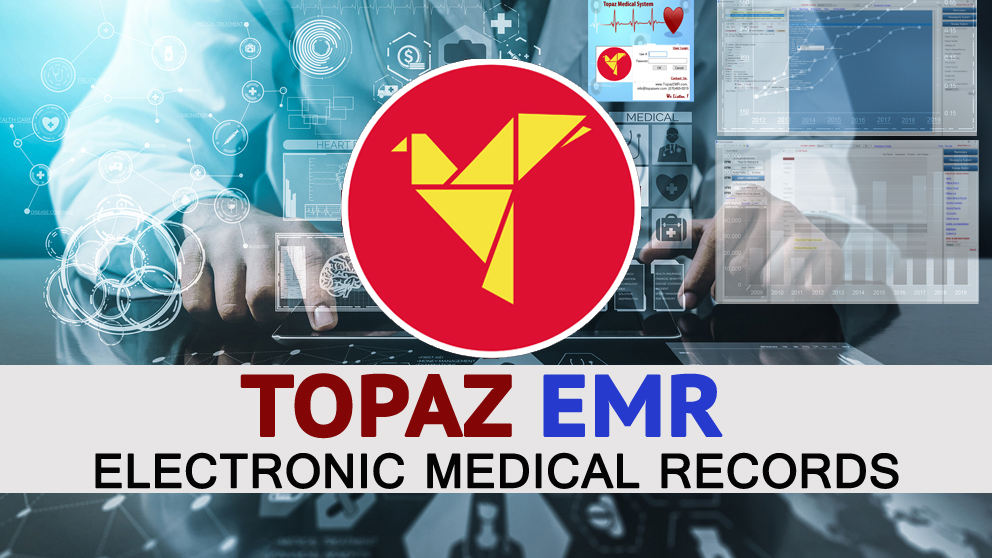
The publication sets forth a roadmap and related instruments to help institutions enhance their ability to design, implement, sustain over time, and flexibly adapt public policies in changing environments.
The document Technical, operational, political and prospective (TOPP) institutional capabilities for managing transformations: Underpinnings of a new paradigm was presented by José Manuel Salazar-Xirinachs, ECLAC executive secretary, during the Twentieth Meeting of the Regional Council for Planning of the Latin American and Caribbean Institute for Economic and Social Planning (ILPES), which is being held through Friday, October 3 in Brasília.
Building on ECLAC’s diagnosis regarding development traps and gaps, and the indispensable transformations needed in development models, the document argues that the discussion on what to do must be complemented by reflection on how to do it, and that institutional TOPP capabilities are key to answering this question. The Commission has identified three development traps in which most countries of the region are caught: one of low capacity for growth and transformation; another of high inequality, low social mobility and weak social cohesion; and a third of low institutional capacities and ineffective governance. The latter limits the effectiveness and continuity of public policies and reduces the possibility of adapting them in contexts of change and uncertainty. How to escape from this trap is the main objective and focus of the new document and the TOPP approach.
The current global context – marked by geopolitical tensions, greater uncertainty, and rapid technological changes in markets, supply chains and climate conditions – poses both challenges and opportunities for development. These require public institutions to adopt a new approach, focused not only on designing more effective policies, but also on managing transformations and having the capacity to swiftly adapt policies in a world in transition.
“The critical question is how to manage complex processes of change in fragile institutional contexts, with pronounced political fragmentation and urgent social demands. This is precisely the aim of the transformation management approach: a proposal that adds to traditional discussions – focused on what must be done – a perspective on change processes, the capacities and conditions that make change possible – focused on how to do it – and with an anticipatory governance approach,” stated ECLAC Executive Secretary José Manuel Salazar-Xirinachs in the prologue of the document.
The TOPP institutional capacity approach, developed and promoted by ECLAC, offers an integrated framework for understanding and strengthening the essential functions that make transformative action viable. Without a technical basis, policies lack a solid foundation. Without operational capacities, their implementation is weakened. Without political legitimacy, they lack viability and continuity. And without a prospective vision, they lose direction and relevance in the face of changing scenarios.
Throughout its four chapters, this new document lays out a conceptual framework, but above all, it serves as a roadmap. Its purpose is to provide tools for diagnosing capacities, methodologies to strengthen them, and proposals for institutionalising their development across all levels of government. It also represents a commitment to ensuring that institutions in the region are not mere implementers of what is possible, but architects of new and better realities.
The post ECLAC proposes a new TOPP institutional capacity approach appeared first on Caribbean News Global.

